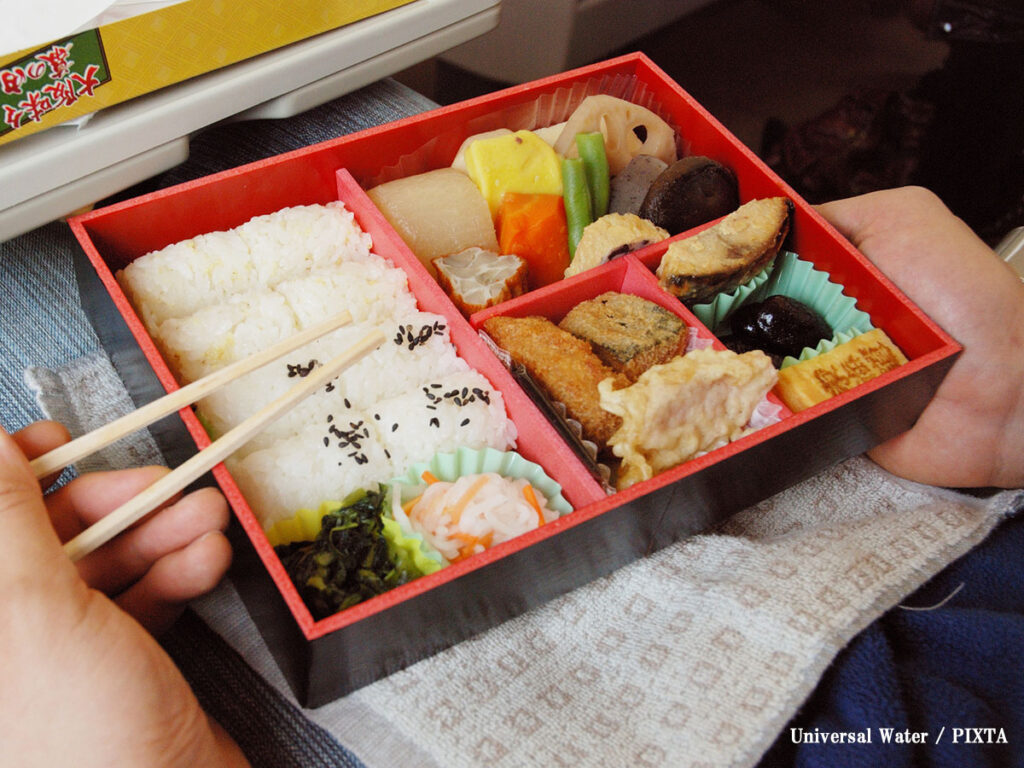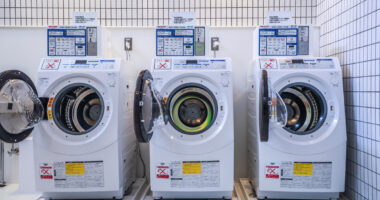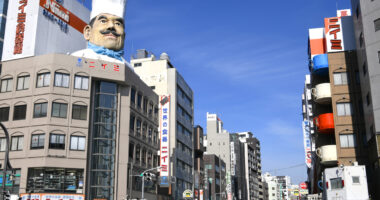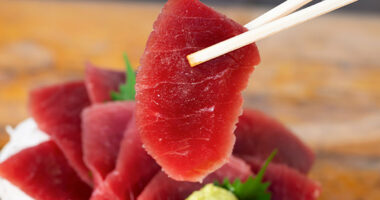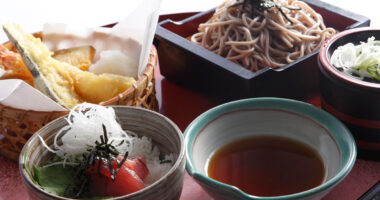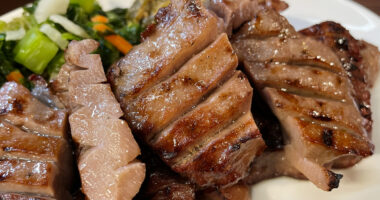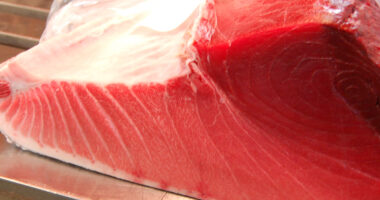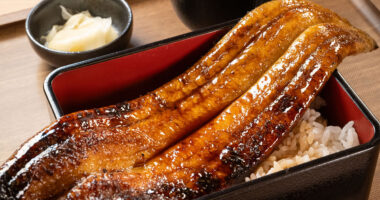In Japan, there is a tradition of eating bentō (boxed meals) during travel on trains and the Shinkansen. These special bento are known as ekiben, and they are a delightful part of the travel experience.
As the name ekiben—a portmanteau of eki, meaning “station” and bento—suggests, these boxed meals can mainly be purchased at major train stations and some more minor stations. Here are some examples of where you can buy them:
Tokyo Station

Ekibenya Matsuri
- Address: Tokyo Station Central Passage Area
- Store Hours: 5:30 AM – 11:30 PM
Ekibenya Odori
Shin-Ōsaka Station
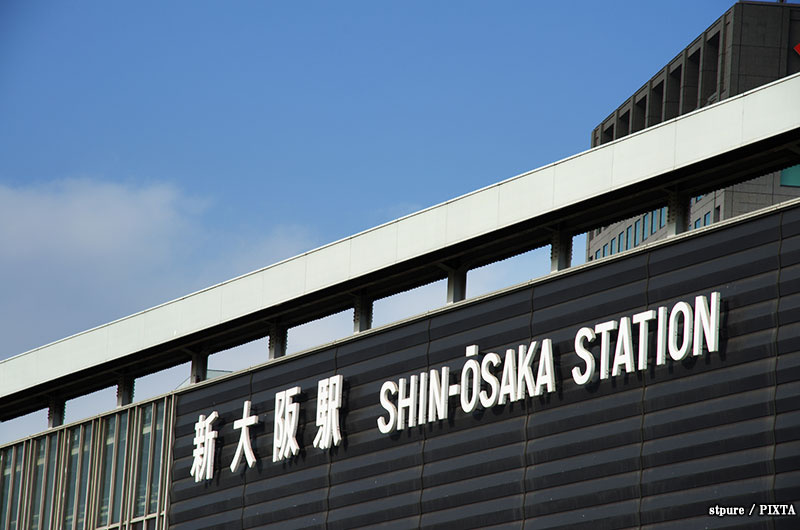
Tabibento Ekibennigiwai
- Address: Within the Eki Marché Shin-Osaka shopping area inside the ticket gates
- Store Hours: 6:30 AM – 10:00 PM
Hakata Station
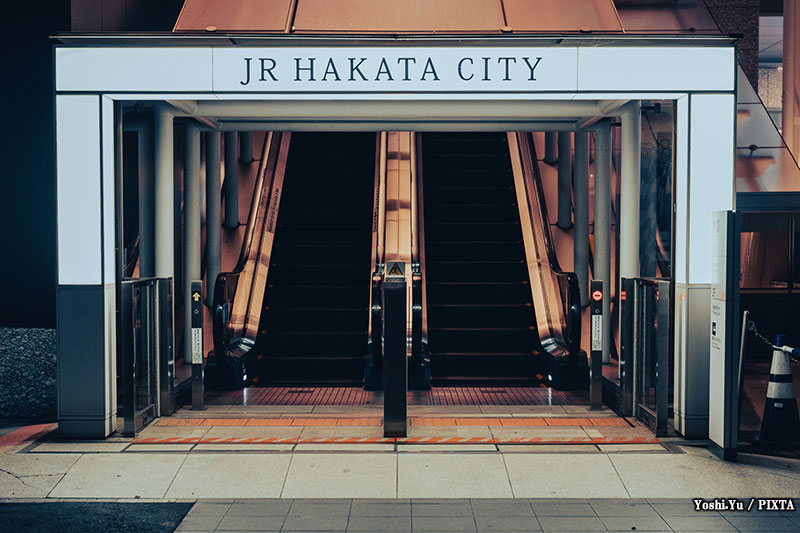
Ekiben-dokoro Hakata
- Address: Hakata Station Building 2F
- Store Hours: Mon-Thur. 8:00 AM – 8:00 PM, Fri-Sun., and nat’l holidays: 8:00 AM – 9:00 PM
Special events at department stores
Department stores often hold limited-time ekiben “festivals” where a variety of regional ekiben from across Japan are sold. These events provide an excellent opportunity to try different ekiben without traveling to each region.
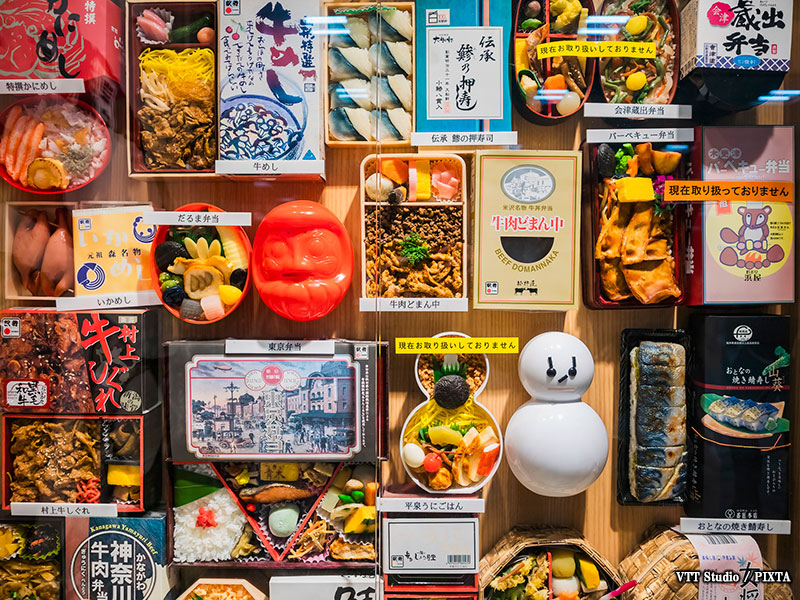
Photo for illustrative purposes
Common questions about ekiben
What are the typical ingredients found in ekiben?
Ingredients vary widely depending on the type of ekiben and the region it represents. Common ingredients include rice, pickled vegetables, fish, meat, and tamagoyaki (Japanese omelet). Regional specialties might include unique ingredients like seafood from coastal areas or locally grown vegetables.
Are chopsticks included with ekiben?
Yes, chopsticks are usually included with ekiben. They are either attached to the packaging or provided by the vendor at the time of purchase.
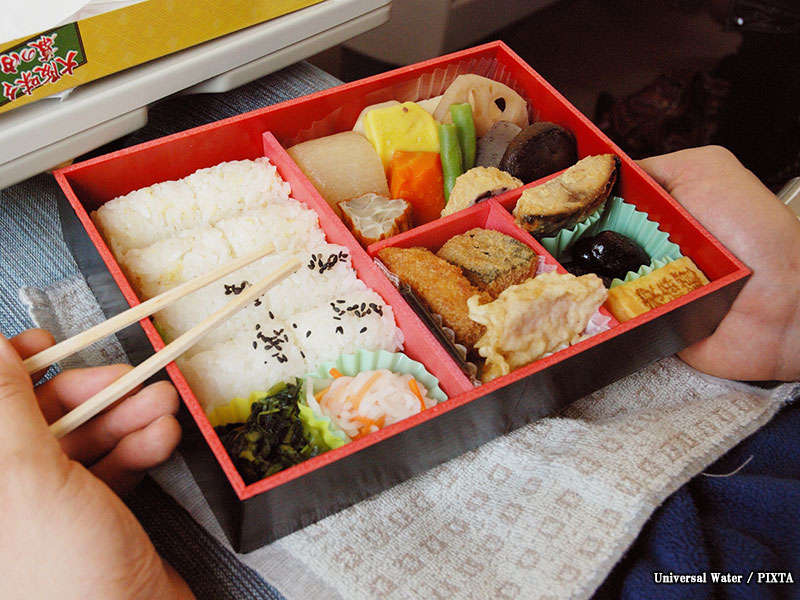
Photo for illustrative purposes
Can ekiben be eaten cold?
Yes, most ekiben are designed to be eaten cold or at room temperature. They are carefully prepared to ensure that the flavors and textures remain delicious even without reheating. However, there are also self-heating ekiben available, which come with a built-in heating mechanism activated by pulling a string. These are great for enjoying a warm meal. Please note that self-heating ekiben are prohibited on planes so don’t plan on eating them on a flight.
Where can I eat ekiben?
Ekiben are perfect for eating on the go, especially while traveling on shinkansen and long-distance trains. However, it’s considered bad manners to eat them on local trains. You can also enjoy them in station waiting areas, nearby parks, or any convenient location where you can sit and relax. Of course, you can also enjoy them in your hotel room.
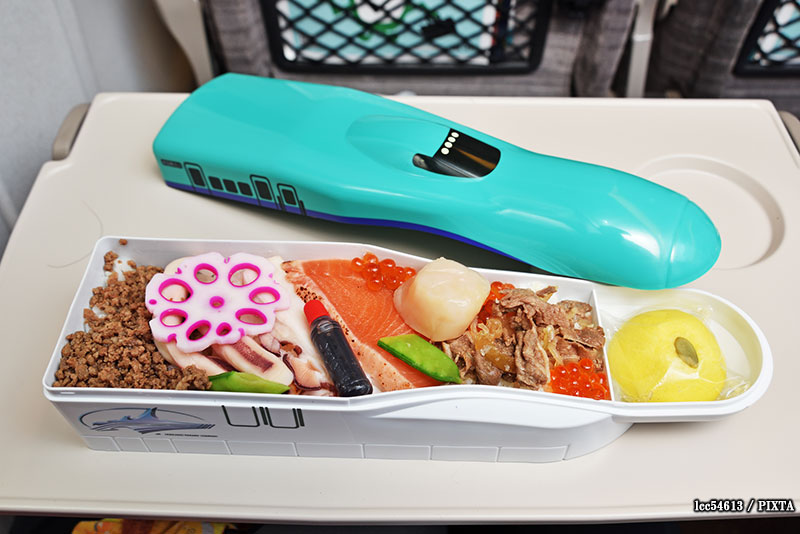
Photo for illustrative purposes
How much do ekiben cost?
The price of ekiben can vary, but they are generally affordable. Prices typically range from 500 JPY to 1,500 JPY, depending on the ingredients and the complexity of the meal.
How long can ekiben be kept?
Ekiben are typically meant to be eaten on the day of purchase. Since some don’t have preservatives, it’s best to consume them within a few hours. Always check the packaging for guidance.
Are there allergy-friendly, vegetarian, vegan, or halal ekiben options?
Yes, there are allergy-friendly, vegetarian, vegan, and halal ekiben options available. If you have an allergy, you can check with the vendor by saying the allergen followed by “のアレルギーがあります” (no arerugī ga arimasu). Common allergens include shrimp (海老, ebi), wheat (小麦, komugi), eggs (卵, tamago), milk (ミルク, miruku), peanuts (ピーナッツ, pīnattsu), soy (大豆, daizu), and fish (魚, sakana). For example, if you are allergic to shrimp, you would say, “海老のアレルギーがあります” (Ebi no arerugī ga arimasu).
Vegetarian and vegan ekiben options can often be found, especially in major stations like Tokyo Station. Halal options are available but more limited.
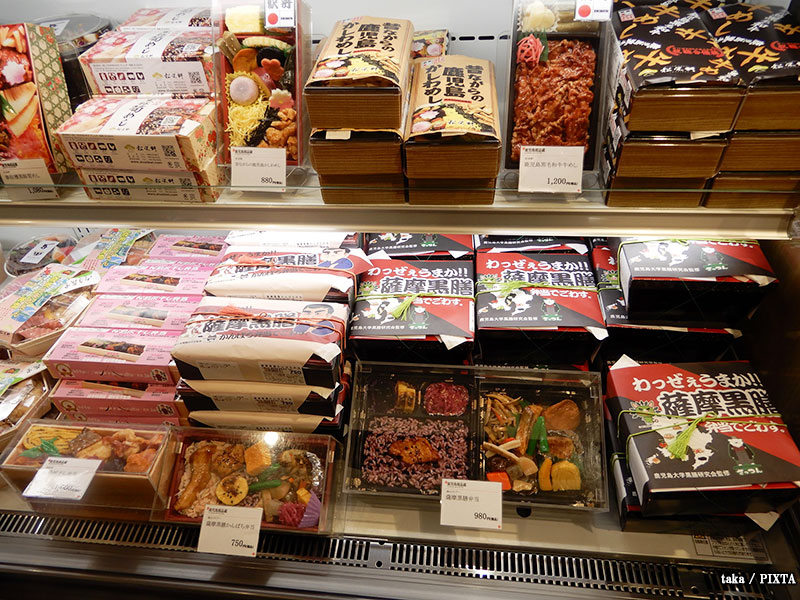
Photo for illustrative purposes
Each ekiben offers a taste of the local culture and culinary artistry, making them a delightful way to experience Japan’s diverse flavors while journeying across the country.
